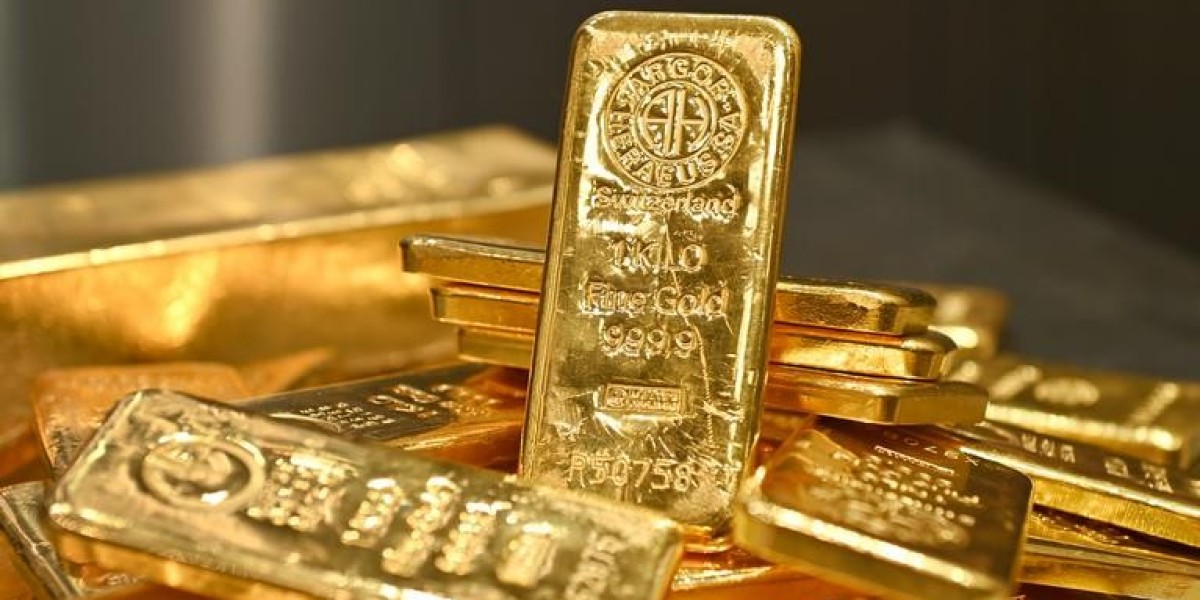Repercussions of Prolonged Geopolitical Tensions
In today’s fragmented geopolitical environment, trade disputes are no longer temporary obstacles — they are structural forces reshaping the global economy. From the ongoing tariff stand-offs between the United States and China to export restrictions imposed by resource-rich nations, the cumulative trade war impact is reverberating across sectors, with commodity markets among the most affected.
Gold as a Strategic Asset in Times of Economic Retaliation
Among all asset classes, gold has stood out as a critical hedge during this period of uncertainty. Historically resistant to inflation and currency devaluation, gold is increasingly seen as a geopolitical insurance policy. Investors, corporates, and even sovereign institutions are shifting capital into precious metals to preserve value amid weakening fiat currencies and volatile equity indices.
While oil and industrial metals suffer from demand contractions and logistics bottlenecks, gold has continued to show upward momentum — largely due to its non-cyclical nature and psychological role as a safe haven.
Supply Chains, Inflation, and Investor Psychology
One of the lesser-discussed dimensions of the trade war impact is the disruption of complex supply chains. From microchips to rare earth metals, delays and bottlenecks are leading to input scarcity and production slowdowns. These inefficiencies are contributing to inflationary pressures across continents, indirectly boosting the appeal of non-yielding but inflation-resistant assets such as gold.
Investor behavior has followed suit. With reduced confidence in central bank interventions and growing skepticism toward equity valuations, portfolios are shifting toward risk-mitigated positions. Gold ETFs, mining stocks, and physical bullion are experiencing renewed capital inflows.
Long-Term Trends: Strategic Allocation Over Speculative Gains
The shift toward gold and other resilient assets is no longer merely a short-term play. Many institutional investors now treat gold as a core allocation within diversified portfolios — not just as an opportunistic hedge. This evolution in strategy suggests that the trade-related volatility observed in recent years may have permanently altered asset allocation frameworks.
Conclusion
As the dust continues to settle on a new era of protectionism and geopolitical realignment, the trade war impact will remain a decisive factor in capital flows and investment strategy. Gold, once a passive reserve asset, is now a front-line instrument in navigating these volatile conditions. Businesses, investors, and policymakers would be wise to treat precious metals not as an afterthought, but as a foundational element in an increasingly unstable world order.







